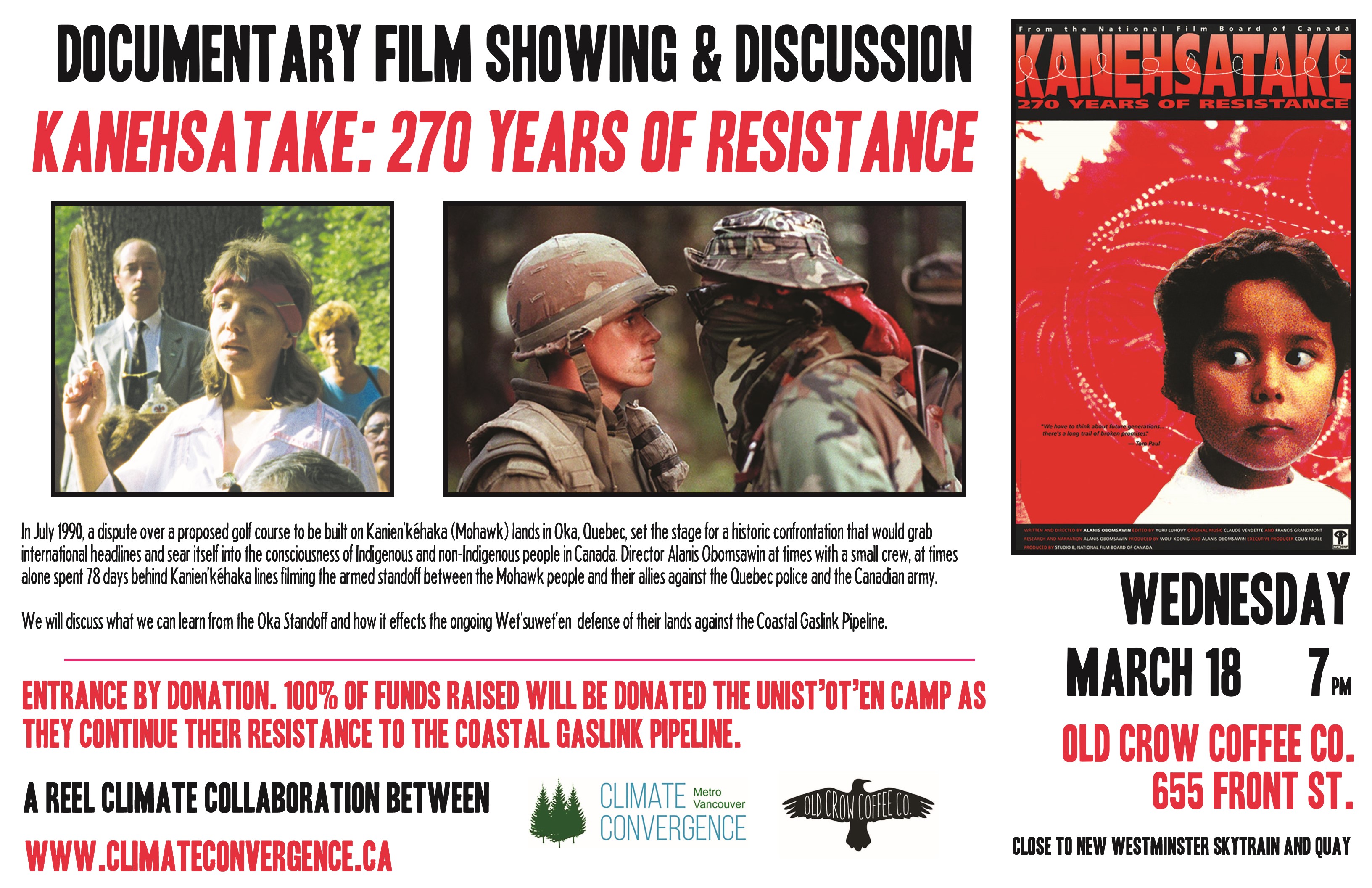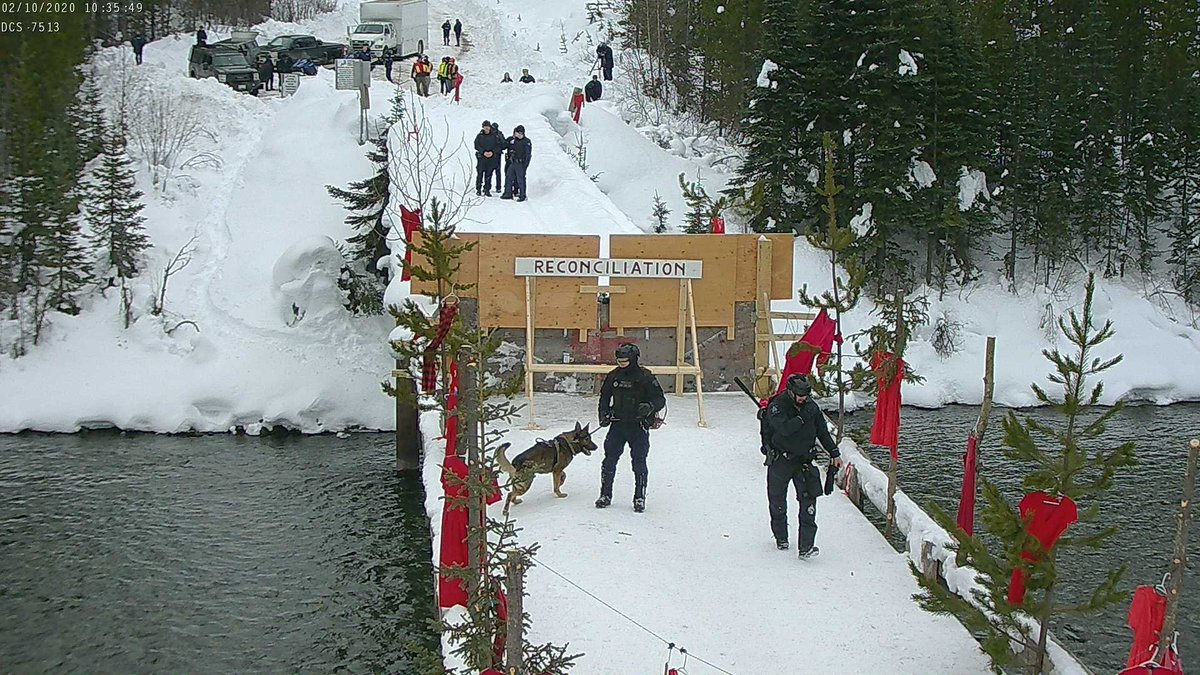
Thirty years ago today in Sudbury I got up before the rest of my young family, put on the coffee, retrieved my Globe and Mail newspaper, and turned on CBC radio. It was my usual routine, even more relaxing because it was a gentle July morning. Then the CBC informed me that there had been an exchange of gunfire on the Oka Reserve in Quebec and that a policeman had been shot and killed.
This was the beginning of what came to be known as the Oka Crisis with a standoff between residents of the Kanehsatake Mohawk First Nation and the town of Oka, with the armed support of the Surete de Quebec and the Canadian military. The flashpoint was the expansion of a golf course onto disputed land adjacent to a Mohawk cemetery. It would require the razing of a pine grove considered sacred to the people of Kanehsatake so a standoff had ensued which erupted into violence. The death of the officer was tragic and it certainly heightened tensions and caused many Canadians, including Prime Minister Brian Mulroney, to characterize the Mohawk protestors as lawless and violent criminals.
It took a long time for many of us to realize that the land claims of the people of Kanehsatake were legitimate and this was one more example of the racist, colonial biases of the court system, the white community, and governments at different levels. Even the CBC commissioned documentary by Alanis Obomsawin was initially suppressed because of its Mohawk perspective.
This was the beginning of significant attitudinal change for me, as I tried to understand what was unfolding in Quebec. The more I read and listened the more I realized that the European and supposedly Christian culture outlook on land ownership had dominated the establishment of reserves in that area and that the various governments had continued to run roughshod over centuries-old agreements and treaties. And I began to comprehend the Indigenous conviction that land could be sacred, a gift from the Creator, rather than something to be exploited for financial gain. It was interesting that when I identified my growing concerns in our Sudbury Presbytery there were some who were very supportive, and had applauded our United Church Apology to Indigenous Peoples in 1986, while a few were annoyed.

Of course what transpired wasn't restricted to Kanehsatake. The misnamed Oka Crisis was eventually defused, although not without lasting trauma the Indigenous people who were a part of it. The federal government eventually purchased the land in question for Kanehsatake, a choice which should have been made decades before when the first nine holes of the course were proposed.
Yet, as we saw with Ipperwash in 1995, and with the Wet'suwet'en territorial standoff in British Columbia earlier this year, with the resulting blockades by other Indigenous groups including Kanehsatake and nearby Tyendinaga, there is still a strong tendency to deny claims because it inconveniences industry and the dominant culture. Will we ever learn?

No comments:
Post a Comment